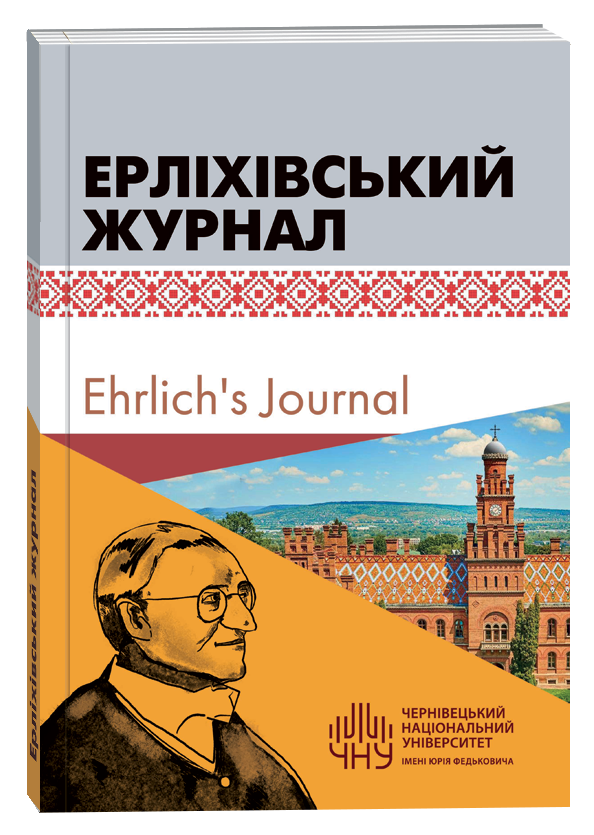SOCIAL BASIS OF THE JUDICIAL COGNITION
Keywords:
sociology of law; living law; legal pluralism; normativity; state; social unions; society; law-bound state.Abstract
In the article, from the standpoint of the analysis of the social component, the role of experience, information communication in judicial knowledge, which, on the one hand, covers the knowledge, skills, skills of each judge, and, on the other hand, are aimed at forming models of verbal interaction between the participants of the court session, is actualized. It is emphasized that the source of experience - social and legal communication, «live» interpersonal communication. In verbal social interaction reflects the confession of a judge's social values, an understanding of the purpose and meaning of professional activity. Being notable for static dogmatic character, the law doesn’t always get time to develop according to the social changes dynamics, and sometimes doesn’t suit the new economic conditions of managing and social interactions; it can’t cover the whole variety of their qualities, that’s why it doesn’t promote the perception of the veritable nature of its dynamic institutes, and the law remains actually in «abruption» from the real demands of practice. The important component of the contextual problem remains aside, that in the ideological world view sphere characterizes more underlying, more active, dynamic, nonlinear, synergistic mediated sides of dynamic formation of reality, which according to such conditions principally can’t be veritably defined and predicted in the static positive legal doctrine. Actualizing the problem of judicial legal cognition and the free jurisprudence, Eugen Ehrlich stressed on the need to create a new approach, which would direct the efforts of jurisprudence to the court practice, would overcome the gap between the law and actual social relations, would manage to adopt the law to the life realities.
References
Социокультурная антропология права: монография / Н. А. Исаев, И. Л. Честнов. СПб.: Издательский Дом «Алеф_Пресс», 2015. 840 с. 2. Неклассическая философия права: вопросы и ответы: монография / под ред. А. В. Стовбы. Харьков: СПД ФО Тарасенко В. П., 2012. 272 с.
Holmes O. W. The Common Law. University of Toronto Law School Typographical Society September 21, 2011. 382 p. URL: http://www.general-intelligence.com/library/commonlaw.pdf
Бігун В. С. Євген Ерліх: життя і правозначна спадщина (актуальний наукознавчий процес). Проблеми філософії права. Т. ІІІ. № 1–2. Київ; Чернівці: Рута, 2005. С. 105–126.
Таманага Браян Верховенство права: історія політика, теорія / пер. з англ. А. Іщенка. К.: Вид. дім «Києво-Могилянська академія», 2007. 208 с. 6. Ehrlich E. Grundlegung der Soziologie des Rechts / München und Leipzig: Duncker & Humblot, 1913. 409 s.







